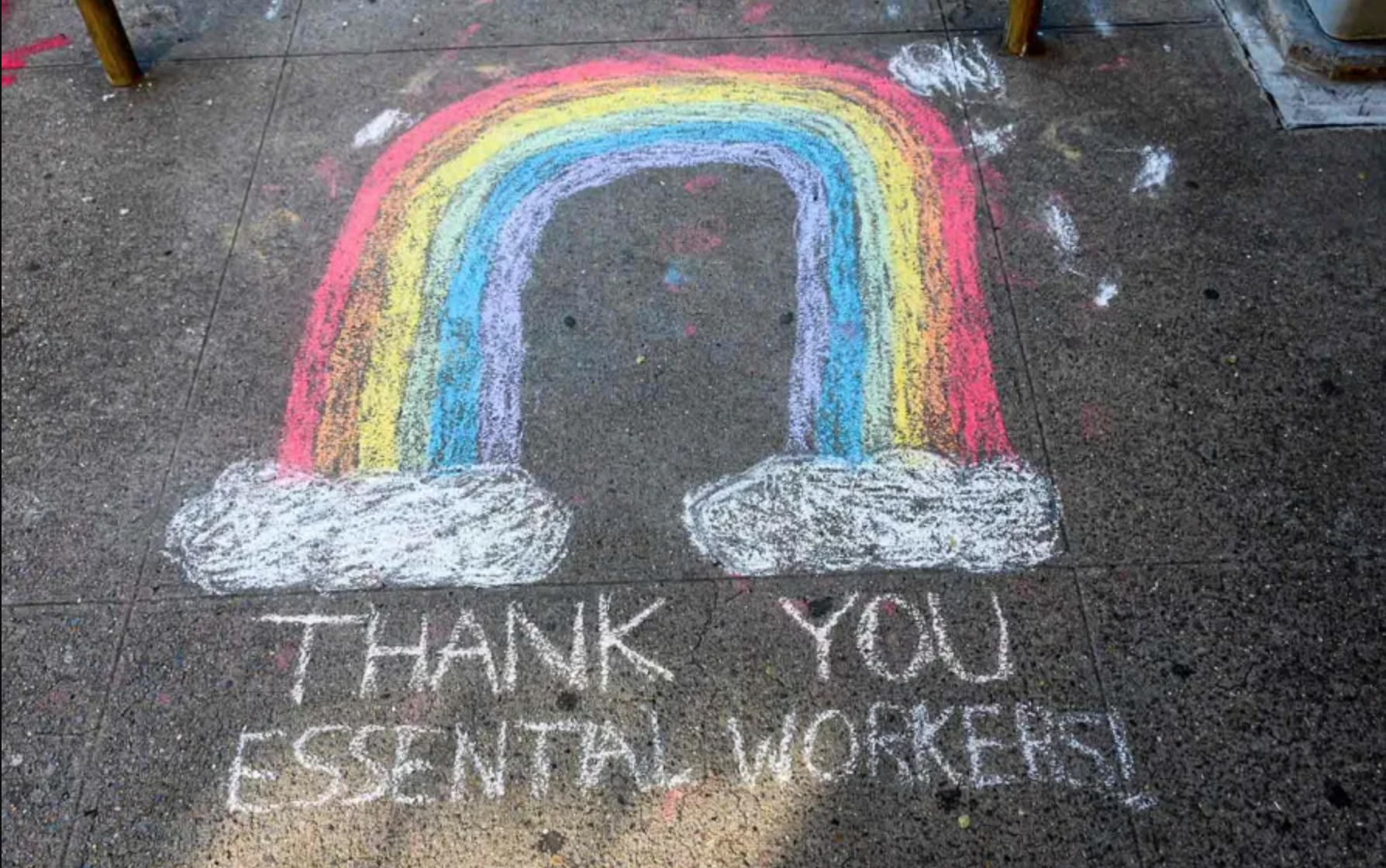Now everyone knows teachers, child care providers, and health aides are essential workers. Will that finally get them the pay and protections they deserve?
Care work, said Purdue University history professor Tithi Bhattacharya, is “life making and life sustaining.” Yet it “receives the least amount of respect from capitalism.” England, University of Massachusetts Amherst economist Nancy Folbre, and fellow UMass Amherst sociologist Michelle Budig have found that even when they compare workers with the same education and experience levels, those who are in care jobs are paid less than those in other lines of work. Experts say one reason for that pay penalty is that care work is closely associated with women. “It’s seen as something that is part of what women are good at and what they naturally do,” explained Ariane Hegewisch, the program director for employment and earnings at the Institute for Women’s Policy Research. It’s been undervalued both because it was historically done inside people’s homes for free and also because it’s seen as something women just want to do and don’t need to be compensated for. “We kind of take it for granted, the same way we took for granted our mother’s love,” England said.




